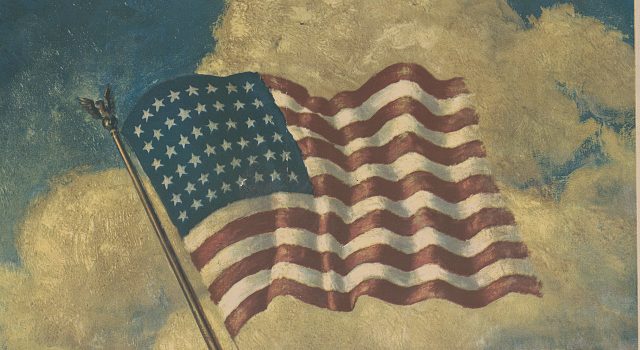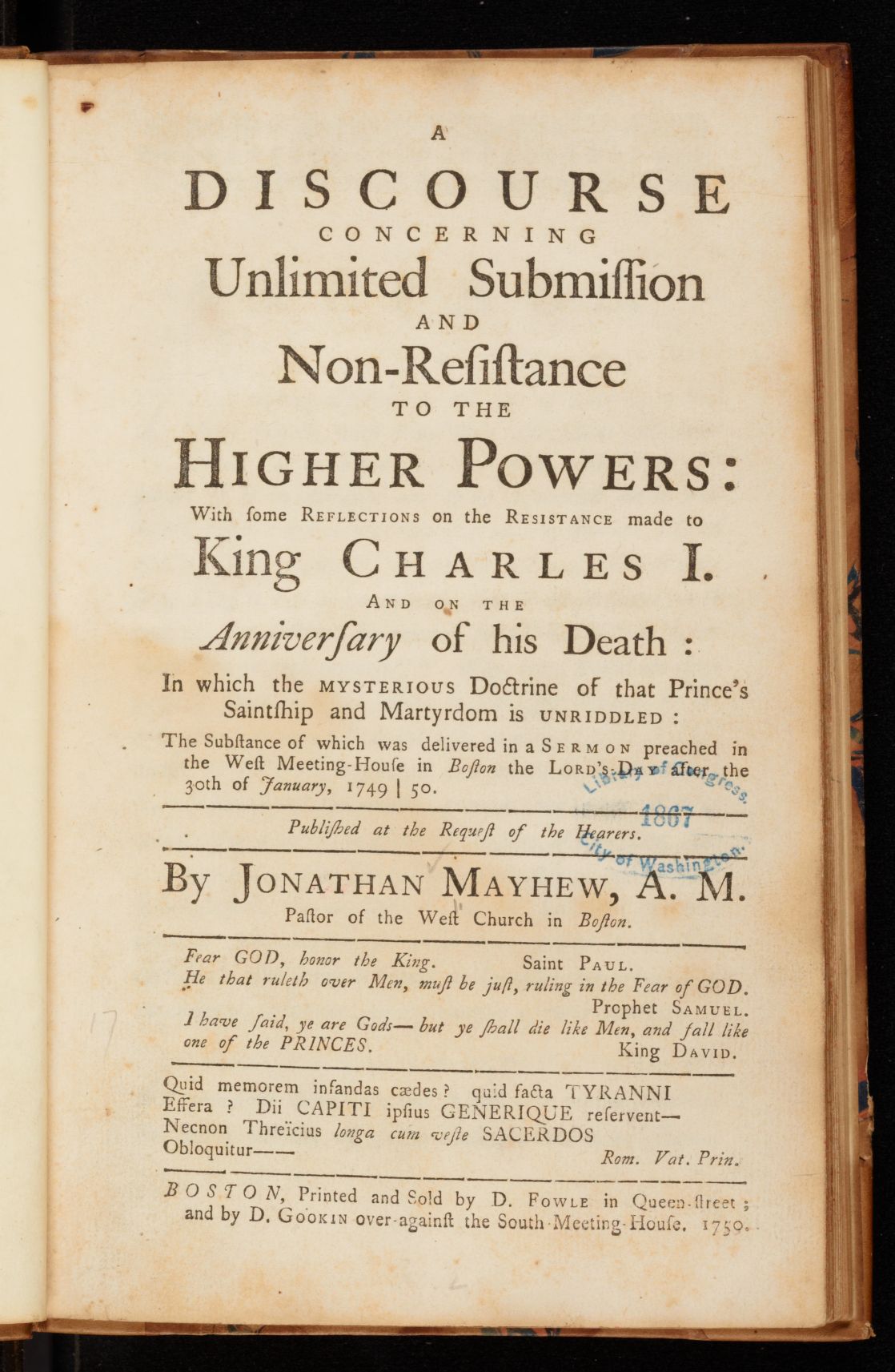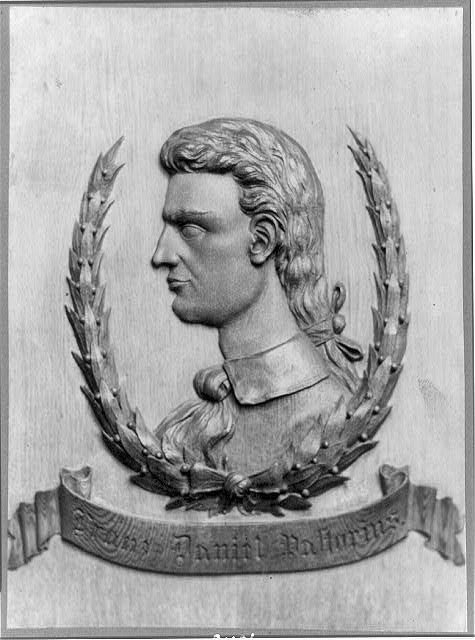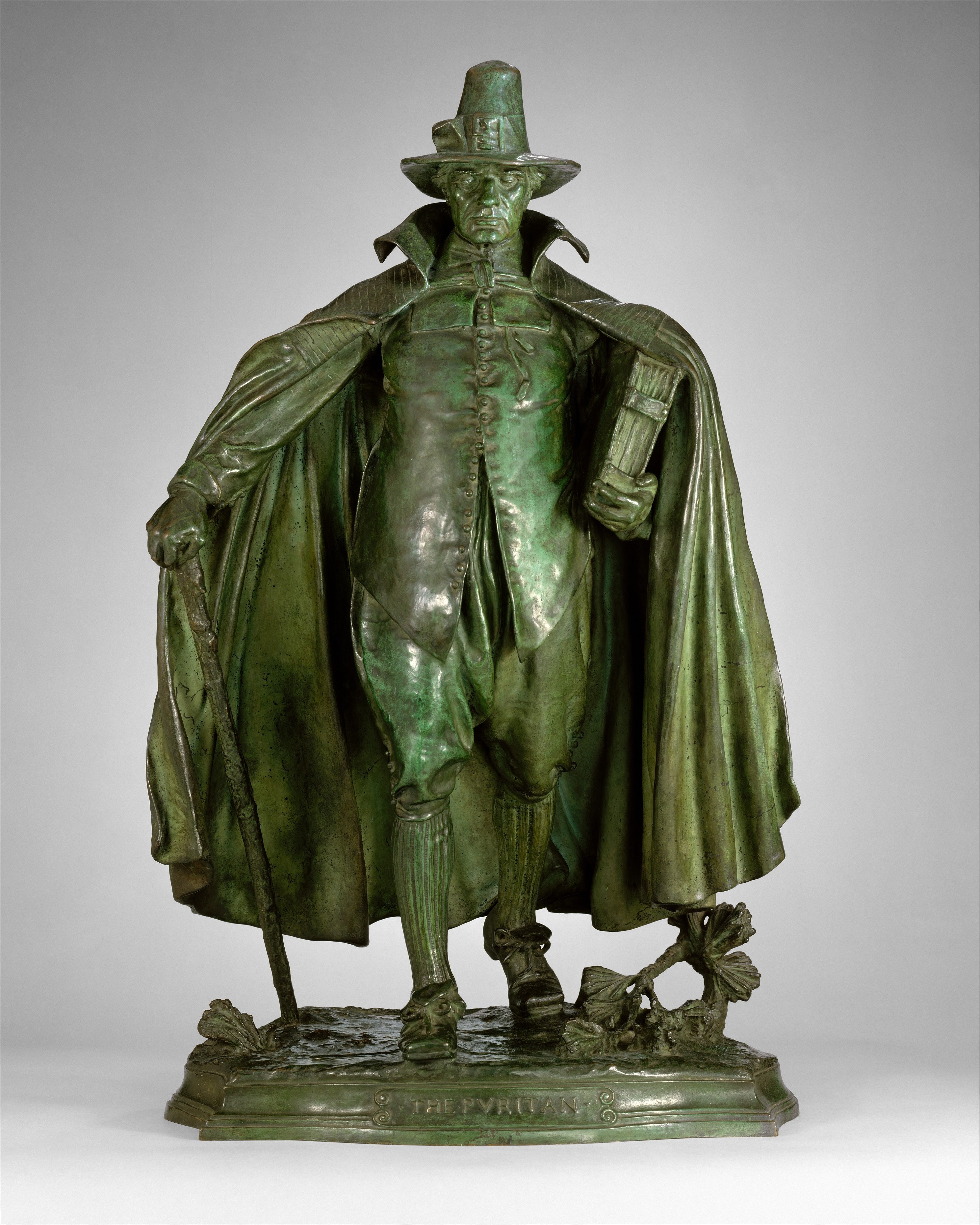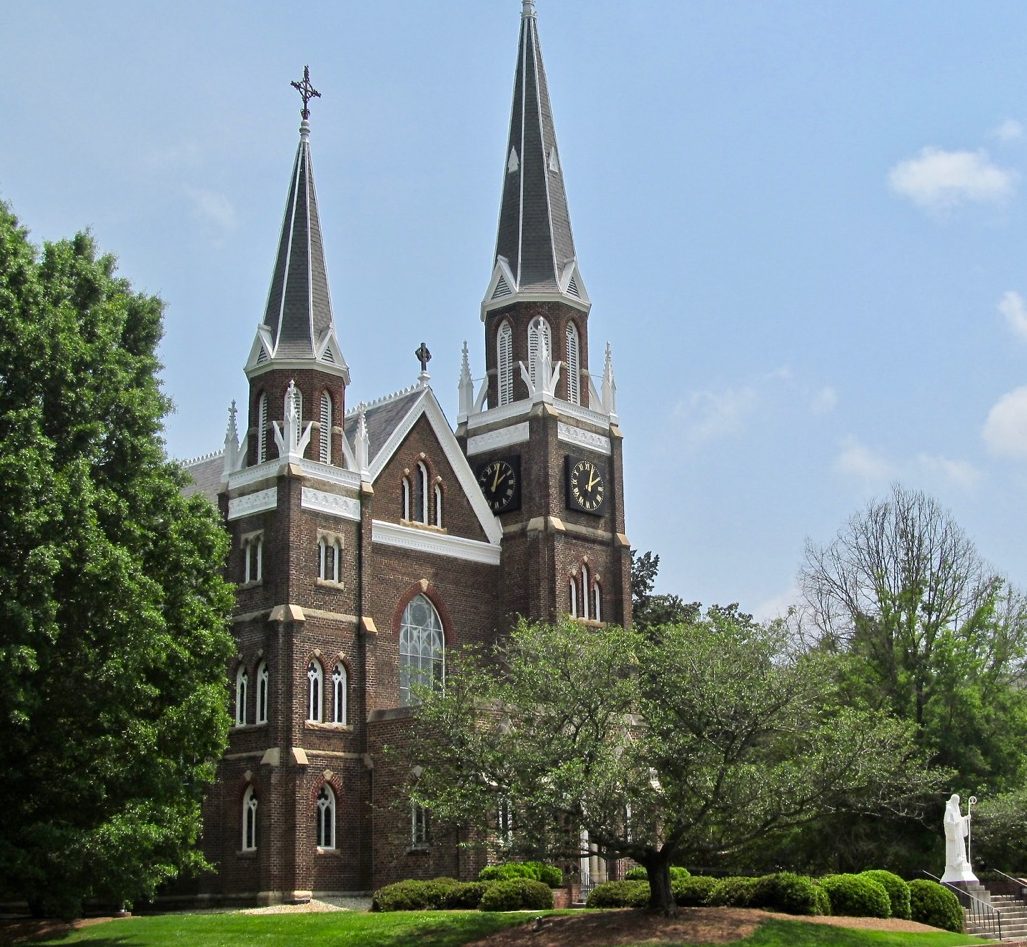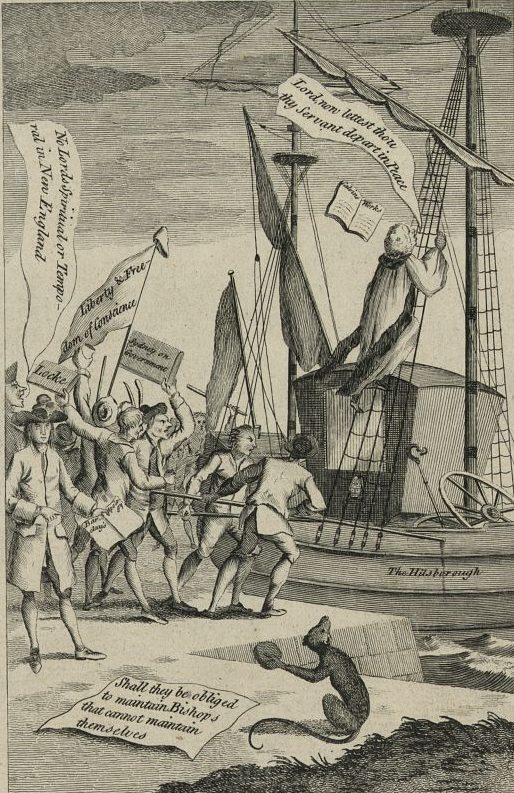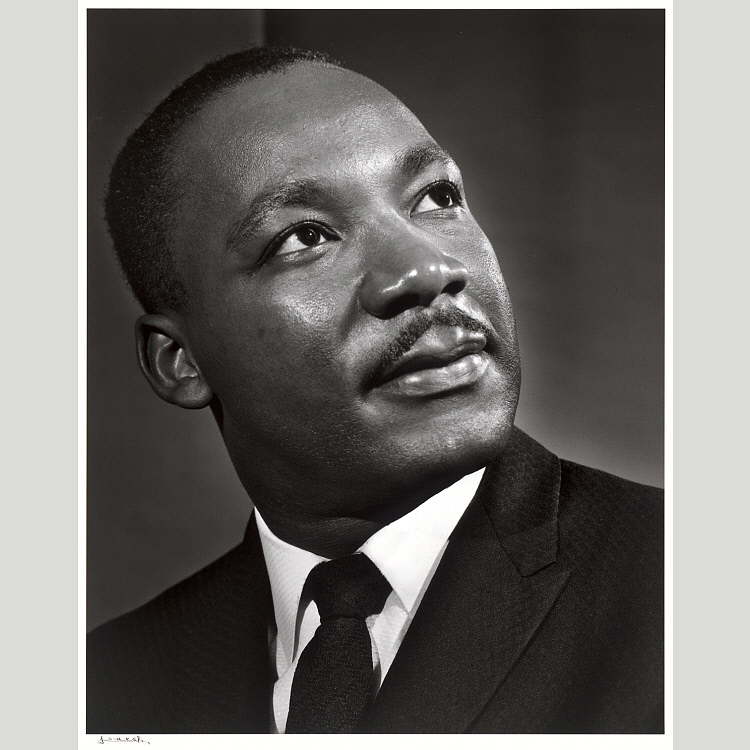Religion and World War I

Library Of Congress. The stars and stripes, May 24, 1918. 1918. Newspaper. Retrieved from the Library of Congress, https://www.loc.gov/item/20001931/1918-05-24/ed-1/.
As the United States entered World War I, many Americans showed eagerness to join a fight they viewed as necessary to preserve the decency of modern life. Many did not question Wilson’s judgment that this was a war to “make the world safe for democracy;” not a small number of those who joined as conscripts or volunteers felt that American participation was long overdue. In the mass killings of civilians during the invasion and occupation of neutral Belgium and in the submarine attacks on American commercial shipping, these Americans saw a German quest for power that seemed willing to drag all of the free world into war.
Many American religious leaders invoked divine support for the declaration of war, while the US military, through articles and images published in Stars and Stripes, cast American mobilization in religious terms. The letters of many ordinary soldiers demonstrate their belief that they fought for both democracy and righteousness.
The religious motive was often alloyed with a new anxiety that modern urban and industrial life had undermined the virility of the American male, who no longer combatted a frontier wilderness and less frequently ruled a family farm. Christian leaders alive to this anxiety stressed the manliness of Jesus; and, writing home, soldiers spoke of the soul-purifying single-mindedness demanded in battle.
Some hoped the war would bring new unity to a citizenry worried by an unending flow of immigrants and by racial tensions that the end of slavery had not resolved. Wartime propaganda endorsed the embrace of immigrant soldiers, but did considerably less to recognize the contributions of African Americans, leading to bitterness among black veterans. Other Americans, caught in a battle fought with the new weaponry of mustard gas or flying in newly invented and vulnerable aircraft, grew cynical about the pious exhortations of those on the home front.
